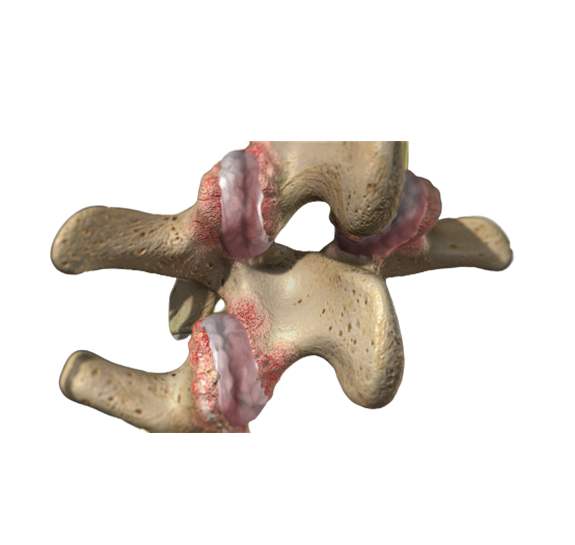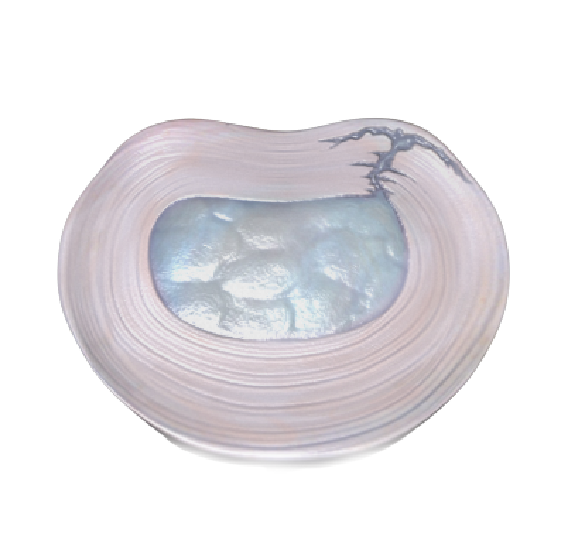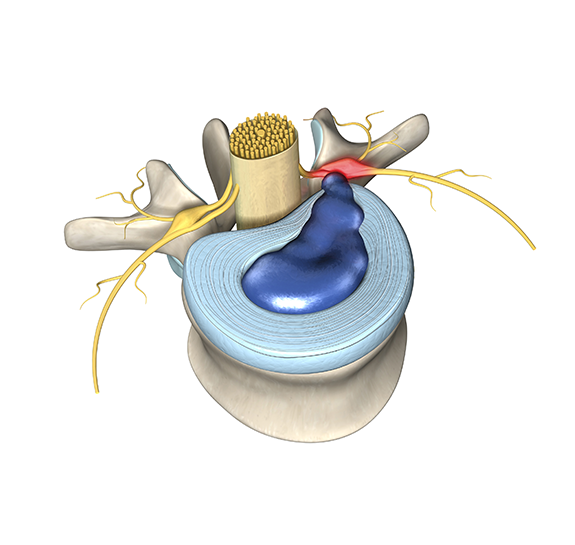
How To Treat Knee Pain: What To Do After Sprain Or Strain Of The Knee With Dr. Dan Lieberman, MD
How To Treat Knee Pain: What To Do After Sprain Or Strain Of The Knee With Dr. Dan Lieberman, MD https://phoenixspineandjoint.com/wp-content/uploads/2021/11/shutterstock_669229204-1024x683.jpg 1024 683 Phoenix Spine & Joint Phoenix Spine & Joint https://phoenixspineandjoint.com/wp-content/uploads/2021/11/shutterstock_669229204-1024x683.jpg
The first thing to consider after an injury to your knee is whether the condition could be serious.
Delay in treatment of a serious condition such as infection, tumor, fracture, or instability, could cause permanent injury. You should consider your knee pain to be potentially coming from a serious condition if you have any of the following red flags:
- History of cancer
- Fever, shakes, or chills along with knee pain
- Inability to walk due to pain or instability
Sprain/strain knee injuries hurt, but they heal on their own in 1-3 weeks’ time without further intervention. If you have any of these red flags, then stop reading this article and get medical help. GO TO A HOSPITAL WITH AN ORTHOPEDIC SURGEON ON CALL, see your doctor urgently, or at least stop at urgent care.
There are things you can do to reduce the pain while you heal, and hopefully, make you heal better and faster. The first thing to consider is RICE. RICE is an acronym that stands for Rest. Ice. Compression. Elevation. RICE is the first thing you should try for almost any orthopedic injury. Rest means avoiding any activity that is not necessary. Ice can be anything from a bag of frozen peas around the knee to a nice commercial ice pack held on your knee by Velcro that you got on Amazon or at Walgreens. The easiest way to get compression is from a neoprene sleeve; a medical “unloader” brace is not needed. Elevate your leg to minimize swelling by keeping it on a chair or pillow, preferably above your heart.
NSAIDs are another acronym standing for non-steroidal anti-inflammatory drugs.
Motrin is an NSAID that comes over the counter at 200 mg. The second most famous NSAID is Aleve. Like chocolate, strawberry, and vanilla, you should choose the NSAID which works best for you. Celebrex is another NSAID to consider. Celebrex has a different mechanism than the others, and it was developed to be easier on your stomach.
It is important to remember that NSAIDs cause acid production in your stomach. If hat acid leads to an ulcer, the consequences can be serious. Do not take NSAIDs without talking to your doctor if you have a history of ulcers or GERD (gastro-esophageal reflux disease). Even if you have a history of stomach problems then take Prilosec or Pepcid Complete with any NSAID to prophylaxis against acid production and the development of ulcers.

- Post Tags:
- Pg - ACL reconstruction
- Posted In:
- ACL Reconstruction
- Knee Pain
- Meniscal Tear









